Insulin
Buy Insulin online | Insulin for sale
What is Insulin?
Insulin is a vital hormone produced by the pancreas that regulates blood sugar (glucose) levels. It allows cells to absorb glucose for energy, maintaining metabolic balance. People with diabetes—particularly type 1 and sometimes type 2—may require insulin therapy when their bodies don’t produce enough or can’t use it effectively.
Types of Insulin
Insulin is categorized based on how quickly it works, its peak action time, and duration in the body:
1.Rapid-Acting Insulin (e.g., Lispro, Aspart, Glulisine)
-Onset: 15–30 minutes
-Peak: 1–2 hours
-Duration: 3–5 hours
-Used for: Mealtime blood sugar control
2. Short-Acting (Regular) Insulin (e.g., Humulin R, Novolin R)
-Onset: 30–60 minutes
-Peak: 2–4 hours
-Duration: 5–8 hours
-Used for: Managing blood sugar between meals
3. Intermediate-Acting Insulin (e.g., NPH insulin)
-Onset: 1–2 hours
-Peak: 4–12 hours
-Duration: 12–18 hours
-Used for: Basal (background) insulin needs
4. Long-Acting Insulin (e.g., Glargine, Detemir, Degludec)
-Onset: 1–2 hours
-Peak: Minimal or no peak
-Duration: 18–24+ hours
-Used for: Steady all-day blood sugar control
5.Premixed Insulin (e.g., 70/30, 75/25)
-Combines rapid/short-acting with intermediate-acting insulin
-Used for: Simplified dosing for some patients
Importance of Insulin in Diabetes Management
-Type 1 Diabetes: Lifeline therapy (body produces little/no insulin)
-Type 2 Diabetes: Used when oral medications aren’t enough
-Gestational Diabetes: Sometimes required during pregnancy
Side Effects & Considerations
-Hypoglycemia (low blood sugar) – Most common risk
-Weight gain – Possible with insulin use
-Injection site reactions – Redness or swelling
Showing 1–16 of 18 results
-

Apidra Solostar
AUD95.00 Add to cart -

Humalog 100IU (Cart)
AUD107.00 Add to cart -
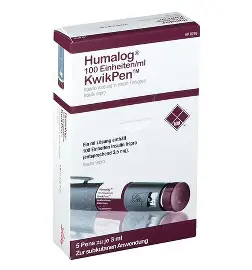
Humalog Kwikpen 100IU/ml
AUD128.00 Add to cart -
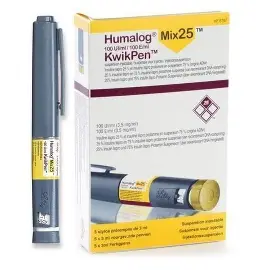
Humalog Kwikpen Mix 25
AUD130.00 Add to cart -
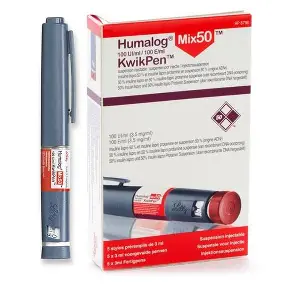
Humalog Kwikpen Mix 50
AUD129.00 Add to cart -
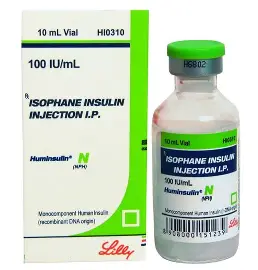
Huminsulin N 100IU
AUD40.00 Add to cart -
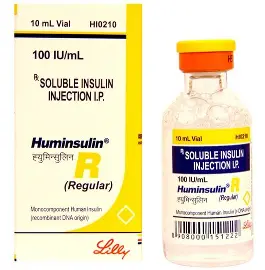
Huminsulin R 100IU
AUD40.00 Add to cart -

Humulin M 70/30 (Cart)
AUD61.00 Add to cart -
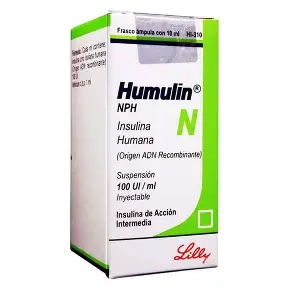
Humulin N 100IU (Cart)
AUD53.00 Add to cart -
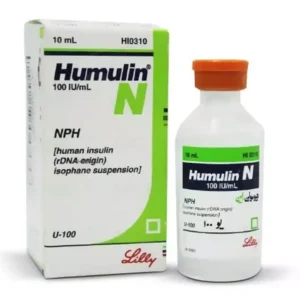
Humulin N 100IU (Vial)
AUD62.00 Add to cart -
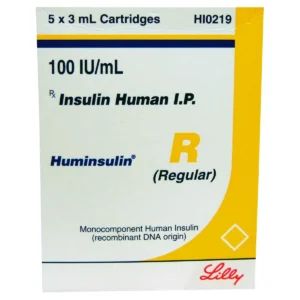
Humulin R 100IU (Cart)
AUD62.00 Add to cart -
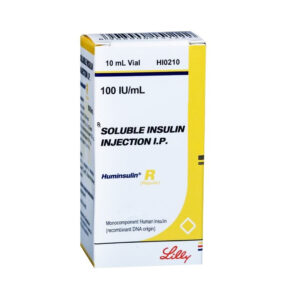
Humulin R 100IU (Vial)
AUD71.00 Add to cart -
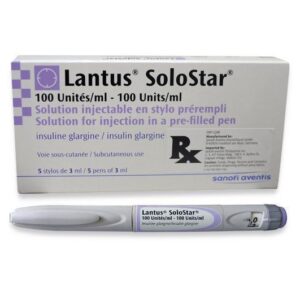
Lantus Solostar
AUD116.00 Add to cart -

Levemir Flexpen
AUD115.00 Add to cart -
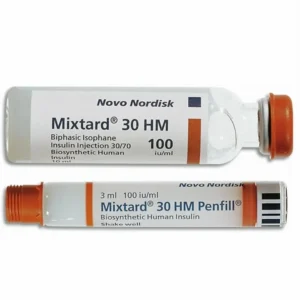
Mixtard 30 Penfill 100 IU
AUD95.00 Add to cart -

Novomix 30 Flexpen
AUD131.00 Add to cart
